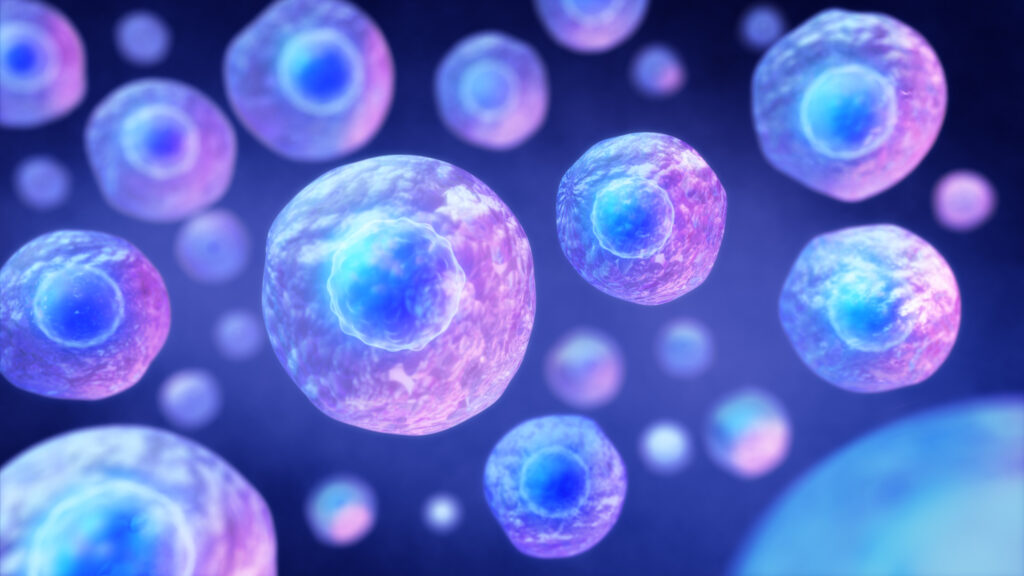Alcohol Use Disorder (AUD) is a significant public health concern, impacting millions of individuals worldwide. Characterized by an inability to control alcohol consumption despite adverse consequences, AUD poses serious risks to both physical and mental health. Recent research highlights the complex neurobiological mechanisms underlying this condition, particularly the roles of neuroinflammation and oxidative stress in disrupting glutamate homeostasis in the brain areas most affected by addiction.
In a comprehensive review conducted by Javiera Gallardo, Pablo Berríos-Cárcamo, and Fernando Ezquer from the Center for Regenerative Medicine at Clínica Alemana-Universidad del Desarrollo in Santiago, Chile, the authors explore the promising potential of mesenchymal stem cell (MSC)-based therapies as a novel treatment approach for AUD. Their findings suggest that chronic alcohol intake, similar to other addictive substances, can induce significant neuroinflammation and oxidative stress, which are detrimental to brain function and may perpetuate the cycle of addiction.
One of the most intriguing aspects of MSCs is their ability to secrete a variety of anti-inflammatory and antioxidant molecules. This secretome has the potential to mitigate the neuroinflammatory processes associated with chronic alcohol consumption. By reducing oxidative stress in the brain, MSCs may help restore normal glutamate levels, a crucial neurotransmitter involved in addiction pathways. The review highlights the importance of the glutamate transporter GLT1, which plays a pivotal role in regulating extracellular glutamate levels. The authors propose that enhancing GLT1 expression through MSC therapy could serve as a mechanism to curb excessive alcohol consumption.
The implications of this research are significant. If MSC-based therapies can effectively reduce neuroinflammation and restore glutamate homeostasis, they may represent a groundbreaking treatment option for individuals suffering from AUD. Given the chronic and relapsing nature of this disorder, innovative approaches that target the underlying neurobiological changes are essential for improving outcomes and enhancing the quality of life for those affected.
In conclusion, the work of Gallardo, Berríos-Cárcamo, and Ezquer offers a hopeful perspective on the management of Alcohol Use Disorder. By leveraging the remarkable properties of mesenchymal stem cells, there may be an opportunity to not only alleviate the symptoms of AUD but also to address the root causes of neuroinflammation and oxidative stress that drive the disorder. As research in this area continues to evolve, it is crucial for the scientific community to explore and expand upon these findings, ultimately paving the way for more effective treatments for AUD.


